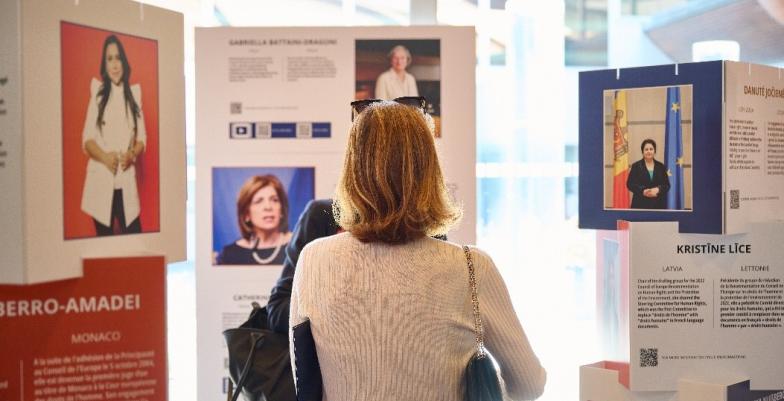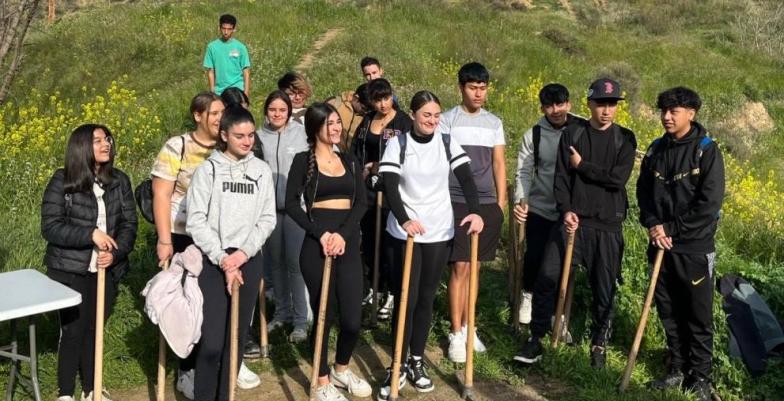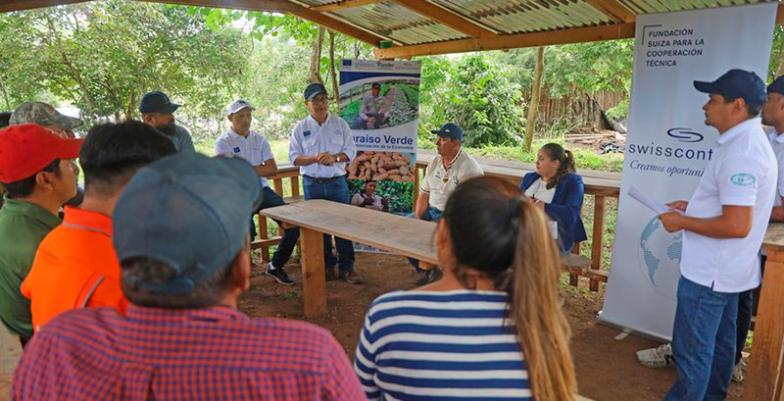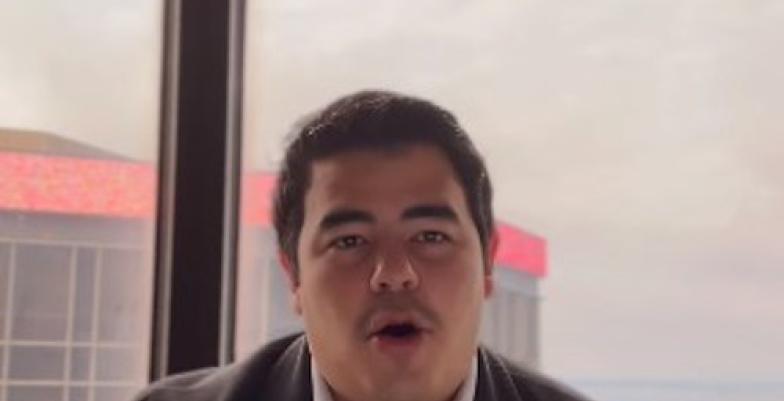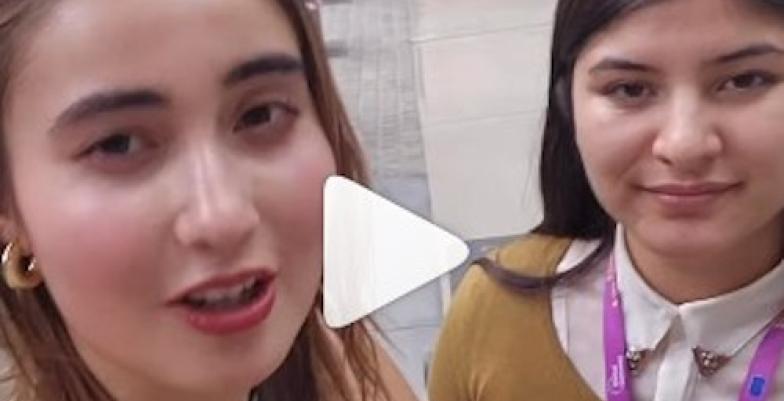Advancing Equal Participation and Leadership
The EU is committed to including women at top management levels and ensuring a gender-responsive as well as gender-equal leadership. As enshrined in GAP III, the EU is determined to lead by example to engage women in political life.
Breaking stereotypes: Equal Participation & Leadership
Women and girls should participate equally in the public and private sphere, to achieve a functioning democracy and economy, and to fulfil human rights for all. This has major benefits for society as a whole, ranging from the enhanced credibility of democratic institutions to a lower incidence of state-perpetrated violence.
Women must be included in political leadership, appointed as elected officials and be recognized for their beneficial roles in peace negotiations and mediation. Gender stereotypes, political party structures and the lack of political financing all contribute to the exclusion of women in public life. Increasingly, women politicians, journalists and activists have become subject to gender-based violence, including different forms of online violence and even femicide, amid shrinking civic space.
The EU action contributes to encouraging young women and adolescent girls’ civic engagement, also in partnership with youth organisations, scaling up support to parliamentary monitoring organisations run by and engaging young people and bringing together EU and partner country representatives.
Women in public life, including politicians, journalists and activists are often subject to gender-based violence, including different forms of online violence and even femicide, amid shrinking civic space.
The EU takes action to reduce gender stereotypes in media content, in cooperation with the audio-visual sector and the media, and empowering and supporting women’s rights as users and producers of information, and as entrepreneurs and decision-makers in the sector.
The EU also promotes an enabling and safe environment, including online, for civil society, girls and women’s rights organisations, women’s human rights defenders, peacebuilders, women journalists and representatives of indigenous people. Strengthen protection mechanisms and to support women’s leadership roles will include global and regional hubs, and advocacy and actions that document violations against defenders.

